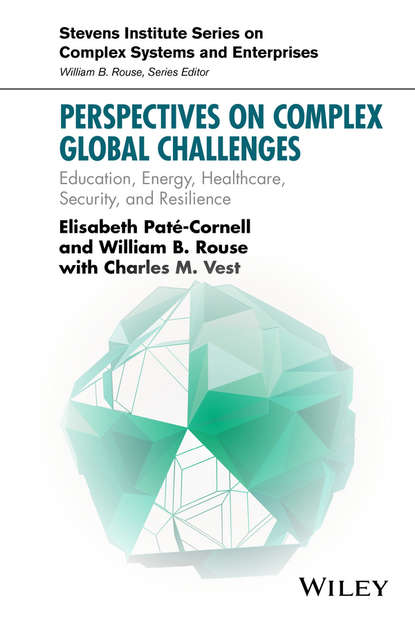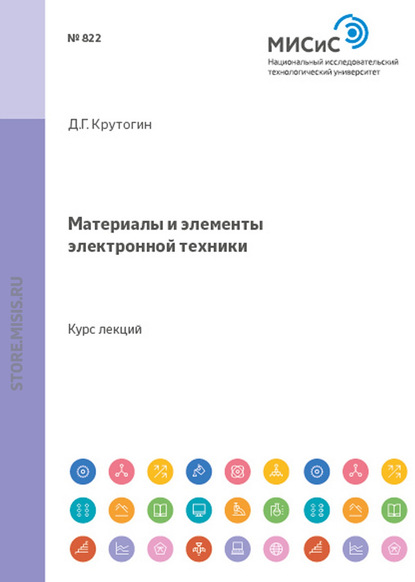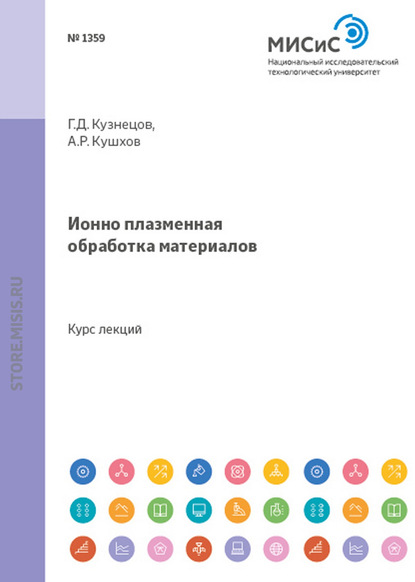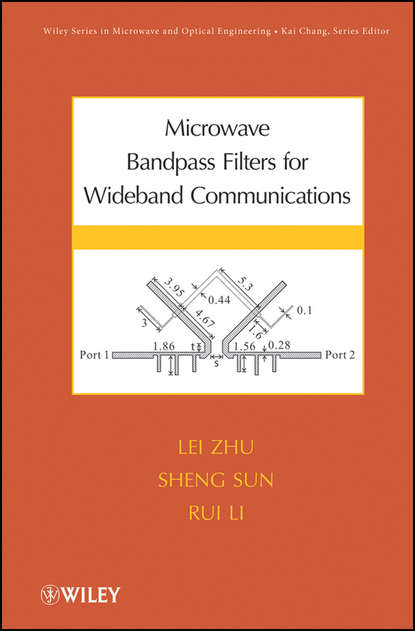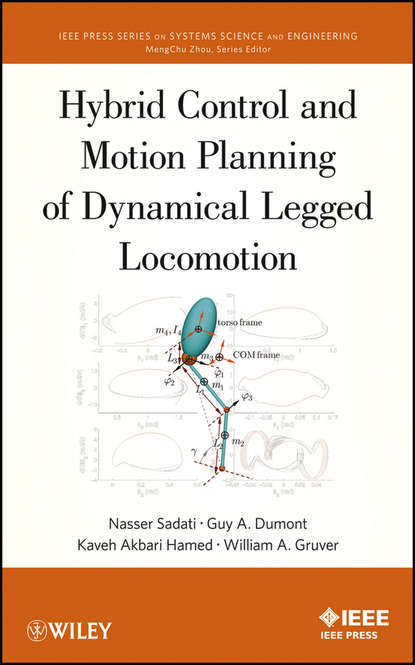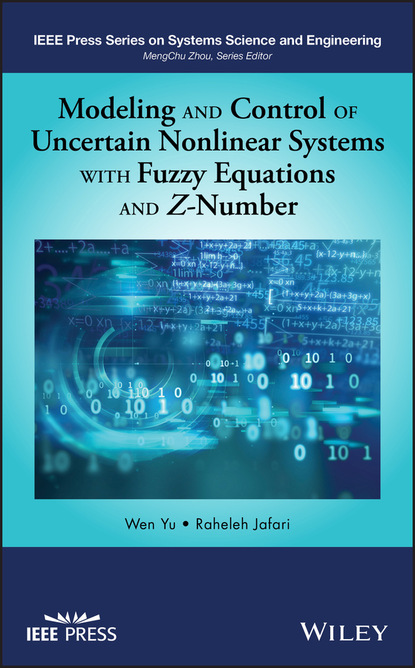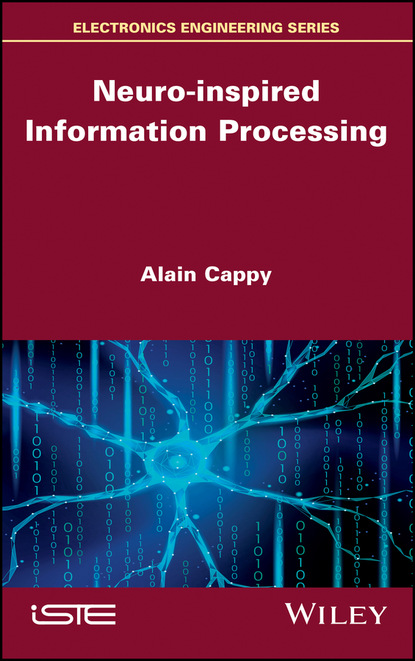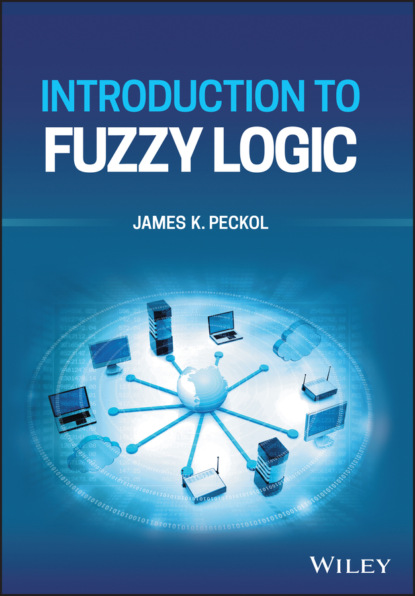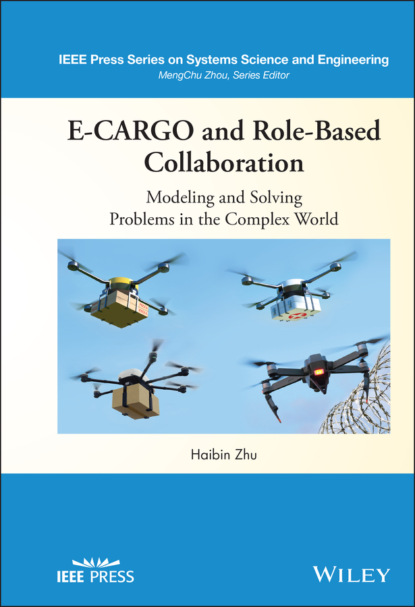Книга "Perspectives on Complex Global Challenges" рассматривает современные и потенциальные проблемы, связанные с масштабными системами в США и по всему миру. Авторы книги исследуют сложности, связанные с образованием, энергетикой, здравоохранением, национальной безопасностью и устойчивостью городов.
В книге обсуждаются проблемы в образовании, включая использование образовательных фондов в Америке, стандартизированные тестирования и использование технологий в классе. В разделе об энергетике рассматриваются дебаты о климате, текущие и будущие развития атомной энергетики, преимущества и уменьшение стоимости природного газа, а также перспективы возобновляемой энергии. Авторы также обсуждают национальную безопасность, фокусируясь на вопросах ядерного оружия, терроризма и кибербезопасности. Устойчивость городов рассматривается в контексте природных угроз, таких как ураганы и наводнения.
Книга также исследует использование глобального стандарта как для оценки успеваемости учеников, так и для педагогической деятельности. Она также охватывает темы такие, как наблюдение, операционные возможности, движение ресурсов и плюсы и минусы глобализации. В книге также рассматриваются большие данные, эволюционирующие методы медицины и их влияние на образовательную программу в области медицины, а также положительные эффекты электронных записей в здравоохранении.
"Perspectives on Complex Global Challenges: Education, Energy Healthcare, Security, and Resilience" служит справочником для государственных служащих, персонала в сфере безопасности, бизнес-исполнителей и системных инженеров.
This scholarly monograph is written by William B. Rouse and it is simply titled "Perspectives on Complex Global Challenges." The main purpose of the book is to explore and discuss current and upcoming challenges linked to the complex global issues involving different areas ranging from education, energy consumption, health care, national security to urban resilience, among others.
Rouse focuses basically on larger-scaled systems in both the United States as well as around the globe to analyze and examine the given challenges, as the first chapter of the book specifically introduces its key focus. Notably, he also addresses several important issues concerning secondary education in America, prominently academic funding allocation, standardized judgment, and classroom technological application.
Throughout the rest of this text, Rouse treats closely the relationships and divergent positions surrounding various aspects regarding natural and climatic energy sources like how to ensure future developments for nuclear energy. He centers carefully both the benefits or burdens associated with natural and gas or renewable energy use and drawbacks of using such controversial sources.
Moreover, another great attention and coverage that is donned in this work encompasses the growing debate involving security concerns in our nations, particularly concerning nuclear weaponry, terrorism, and cybersecurity issues. One, who may enjoy the pleasure of reading such an extensive monograph, might also find themselves interested in discussions of urbanization and its potential impact on the unavoidable risks posed by any natural upheavals like hurricanes or flooding.
An unconventional line of discussion included in this unique book includes how global competitive framework affects both student performances and teaching efficiency. In addition, there are other insightful analysis of how operational procedures, resource shipments, or overall globalization processes could positively or negatively impact the health care industry at large, whether related to its efficacy and cost-related factors.
Last but not least, it can be quite enthralling for some readers to see how rapid and revolutionary evolutions in terms of medical methods as well as data definition might have on their future health education curricula. Furthermore, thanks to electronic case files in medicine data and how these evolving technologies could assist in providing effective and efficient healthcare services competence becomes a highly relavant topic covered by Rouse.
"Perspectives on Complex Global Challenges" can be used as a useful guide and reference book for policymakers, business supervisors, system engineers, as well health care providers, all of whom would benefit from being aware of and informed about the aforementioned challenges in their respective fields.
Электронная Книга «Perspectives on Complex Global Challenges» написана автором William B. Rouse в году.
Минимальный возраст читателя: 0
Язык: Английский
ISBN: 9781118984109
Описание книги от William B. Rouse
Examines current and prospective challenges surrounding global challenges of education, energy, healthcare, security, and resilience This book discusses issues in large-scale systems in the United States and around the world. The authors examine the challenges of education, energy, healthcare, national security, and urban resilience. The book covers challenges in education including America's use of educational funds, standardized testing, and the use of classroom technology. On the topic of energy, this book examines debates on climate, the current and future developments of the nuclear power industry, the benefits and cost decline of natural gases, and the promise of renewable energy. The authors also discuss national security, focusing on the issues of nuclear weapons, terrorism and cyber security. Urban resilience is addressed in the context of natural threats such as hurricanes and floods. Studies the usage of a globalized benchmark for both student and pedagogical performance Covers topics such as surveillance, operational capabilities, movement of resources, and the pros and cons of globalization Examines big data, evolving medical methodologies and effects on the medical educational curriculum, and the positive effects of electronic records in healthcare data Perspectives on Complex Global Challenges: Education, Energy Healthcare, Security, and Resilience serves as a reference for government officials, personnel in security, business executives and system engineers.
